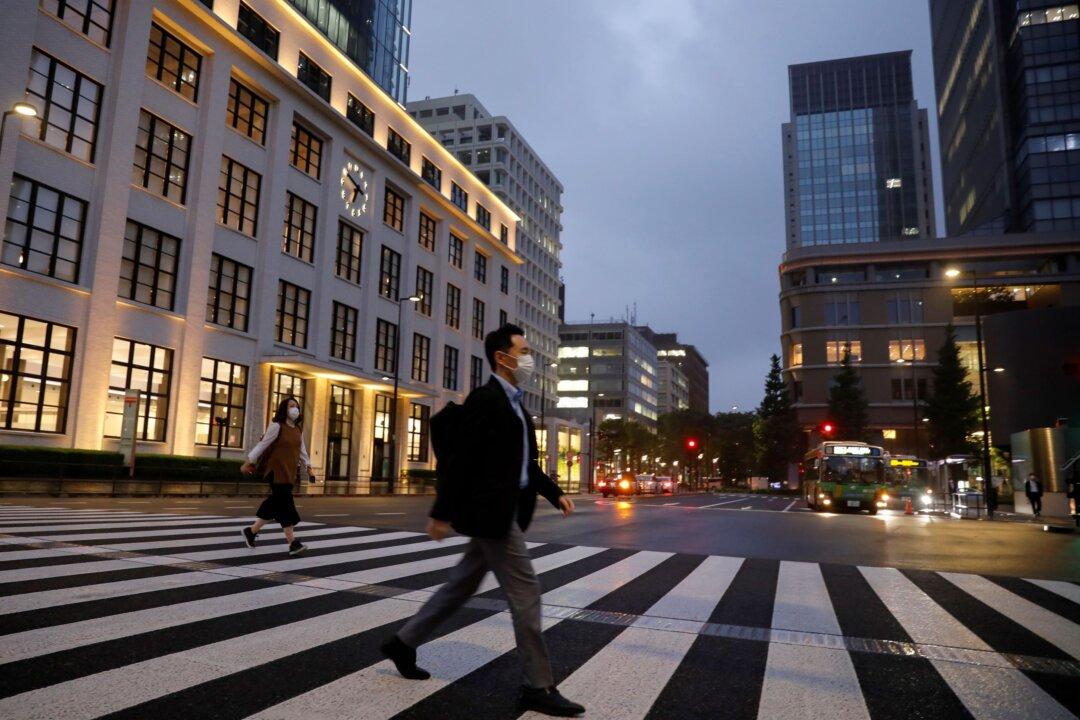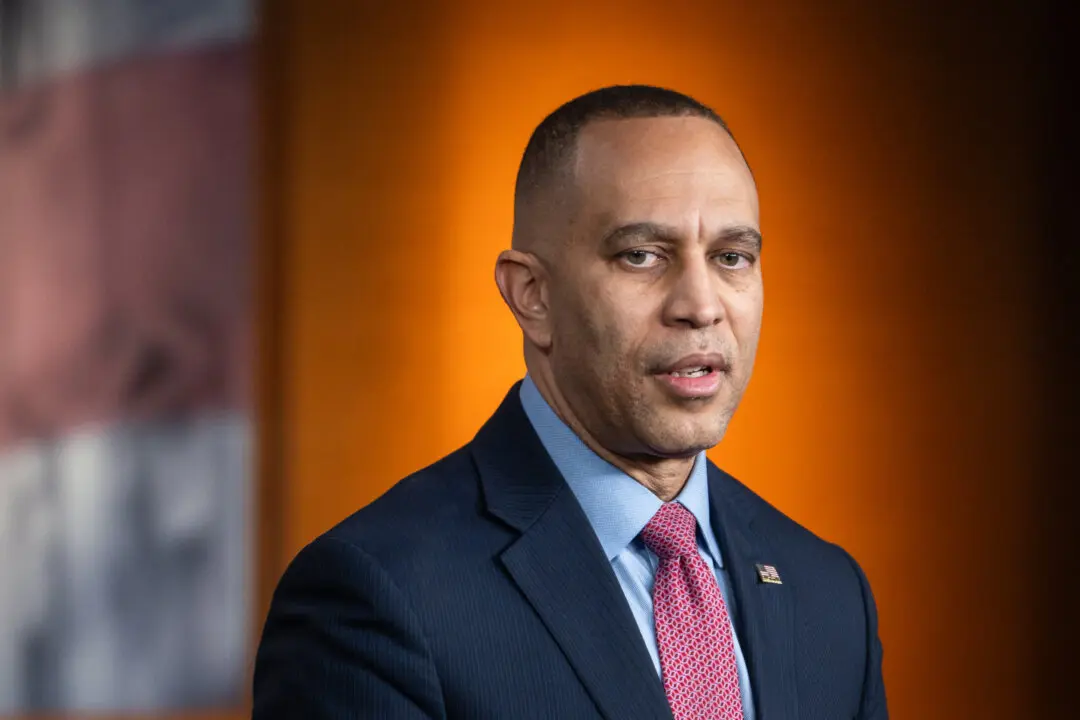Japan’s top government spokesman refuted claims by the U.S. embassy in Tokyo that Japanese police are stopping foreigners in “suspected racial profiling incidents,” saying that police don’t interrogate suspicious individuals based on nationality or race.
The American Citizen Services section of the U.S. embassy posted an alert to U.S. citizens on Twitter on Dec. 6 saying that it had been receiving reports claiming that some foreigners were being “detained, questioned, and searched” by Japanese police in “suspected racial profiling incidents.”





